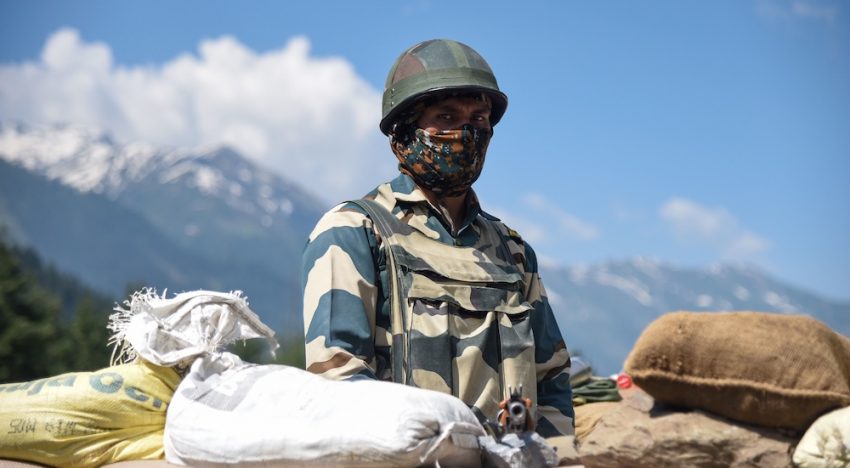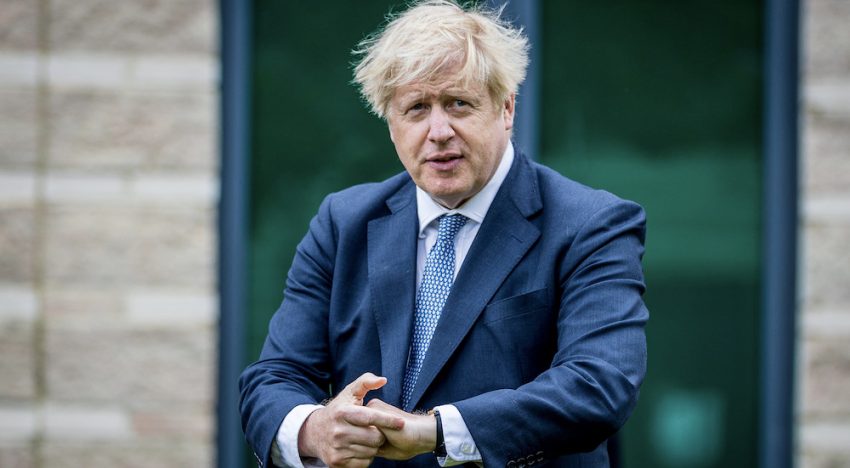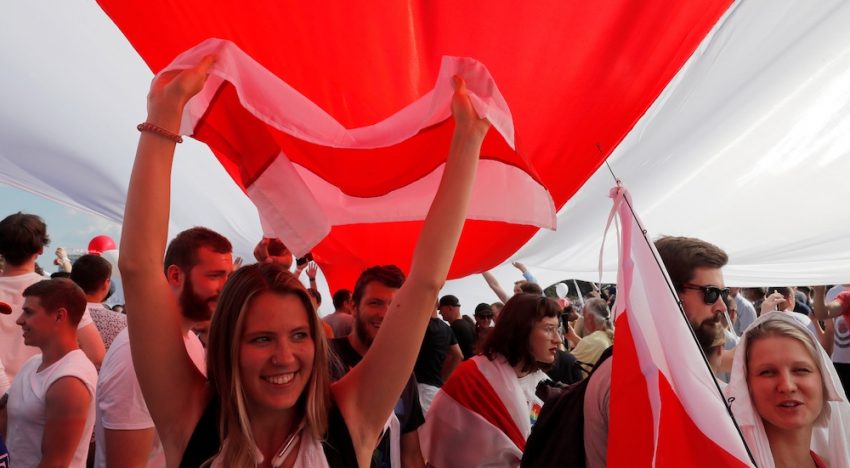What Next for Ukraine?
As the sober National Interest warns that America and Russia are “stumbling to war,” roughly four Western scenarios compete to explain where we stand in the year-old Ukraine crisis. Let’s call them the McCain, Mearsheimer, Motyl, and Merkel theses of, respectively, Russian aggression, Russian hegemonic privilege, Russian decline, and Russian paranoia. (Part 1 of 2)
Time to Phase Out Victory Day
Today Russia fights not against real fascists in Germany, but against imaginary ones in Ukraine. Given this, it might make sense to radically shift the focus of the holiday.
From Bystander To Peacemaker
China’s proposals to facilitate the Afghan reconciliation process – and signals from Kabul and Islamabad that peace talks may soon be underway – pose the question of what a more serious Chinese diplomatic role in Afghanistan can be expected to achieve.
A Long Way To Go
On April 2, 2015 in Lausanne EU High Representative for Foreign Affairs Federica Mogherini and Iranian Foreign Minister Mohammad Zarif presented parameters for an agreement about Iran’s nuclear program. What kind of deal is in the making? (2 of 2)
A Good Foundation
On April 2, 2015 in Lausanne EU High Representative for Foreign Affairs Federica Mogherini and Iranian Foreign Minister Mohammad Zarif presented parameters for an agreement about Iran’s nuclear program. What kind of deal is in the making? (1 of 2)
A (Very Small) Sign of Hope
German Chancellor Angela Merkel turned down Russian President Vladimir Putin’s invitation to attend the huge military parade planned for the 70th anniversary of the Allied victory over Germany. Instead, she will travel to Moscow one day later to take part in a ceremony at the Tomb of the Unknown Soldier – an unexpected hopeful sign.
Harbingers of Transformation
Even as the future of the European Union’s neighborhood remains under threat, a few developments on the EU periphery – in Ukraine, Romania, and Serbia – show that civil society and rule of law are making inroads in post-Communist kleptocracies.
The End of Offshore Data?
An impending June decision by the EU’s Court of Justice will likely tip the balance between free trade and fundamental rights. Arguments were heard last week in Luxembourg in a privacy rights case lodged by Max Schrems, an Austrian law student, against five international tech giants.
Rounding Out the Energiewende
A new incentives initiative seeks to complete Germany’s transition to renewables with an appeal to business and a focus on a long-neglected area: the heating and cooling sector. Government support for solar and biogas heat may give the Energiewende a further push in the right direction.
No More Singing the Austerity Blues?
Deputy chancellor Sigmar Gabriel argued this week that it was time to turn the page on austerity policies. But there is little chance of him bringing about a change of course. Rather, the return of the Greek crisis has underlined how little influence Germany’s Social Democrats have shaping euro-saving policies.
The Nuclear Reality
“Nuclear disarmament” has always sounded better in theory than in practice. With more countries flexing their nuclear muscle – especially Russia – a more realistic strategy to manage nuclear arms is necessary. The West must fundamentally re-think means and ends.
Chasing a Chimera
The main cause of the conflict between Russia and the West lies in the internal legitimization deficit of Putin’s own system. A closer cooperation with Moscow’s Eurasian Economic Union (EEU) would not only undermine the EU’s values – the Kremlin is simply not interested. A reply to Mark Leonard’s and Ivan Krastev’s “The New European Disorder.”
Oil Price Collaterals
Since July 2014 the price of oil has been falling, and a new OPEC strategy pushed through by Saudi oil minister Ali Al-Naimi makes a reversal unlikely in the near future. OPEC felt obliged to defend its market share against US fracking firms and other “marginal producers.” The pain felt in Moscow, Tehran, and Caracas is an unintended – if not unwelcome – byproduct.
The Coming (Öko)Strom
Removing regulations slowing the build-up of renewable systems for consumers and industry, considering complementary methods of integrating fluctuating flows of renewable energy, and greening the transport sector through fuel innovations: these are three of the developments we may see in Germany’s renewable energy transition in 2015.
A Pivotal Year
What a difference a year makes: Germany’s transition to renewable energy showed positive forward momentum, with increasing energy production from renewables, increased exports, decreased carbon emissions, and decreasing consumer prices. The next challenge is to improve efficiency.
A Symbolic No-Show
Barack Obama’s absence at the great Paris rally for the victims of last week’s terrorist attacks may be symbolic of a deeper rift: Americans and Europeans have a completely different view of what it takes to combat terrorism.
Taking Stock for Germany
2014 was a mind-boggling year, marking the start of profound changes in world affairs, but also in the way Berlin thinks about foreign policy. Part of this is the “Review 2014” process Foreign Minister Frank-Walter Steinmeier launched earlier this year, inviting over 60 political observers, commentators, and think tankers from across the world to put their thoughts down on paper. We offer a critical overview.
Hanging Together
A narrow escape from the clutches of the Americans as well as the Russians – that is how many Germans saw the end of the Cold War. Will Putin’s actions be enough to remind Germans of the benefits of their alliance with the United States? Confronted with disorder in the Middle East and the rise of China and Russia, both countries need to work together – and it is high time for a new American charm offensive.
Time to Recognize the Ties That Bind
Germany’s alliance with America is not important – it is irreplaceable. It is a crucial support for the pluralist-liberal model, which is under pressure in many parts of the world, including Europe. But as Germany comes of age in foreign policy, it and the US need to renegotiate their relationship – and Berlin must play its part with self-confidence.
Out Now: May/June 2020 Issue

+++ The coronavirus crisis has brought Europe and the rest of the world to a standstill. What are the effects of the pandemic on international affairs? The future of the EU depends on how it handles the crisis, argues Daniela Schwarzer. Much is riding on the German EU presidency. David Goodhart makes the case for a retreat from hyperglobalization, and Richard Sennett foresees big changes coming to our way of life; Efi Koutsokosta profiles Greek Prime Minister Kyriakos Mitsotakis; Noah Gordon, in his Carbon Critical column, points out that solar, like oil, has its overcapacity problems; and much more +++




























